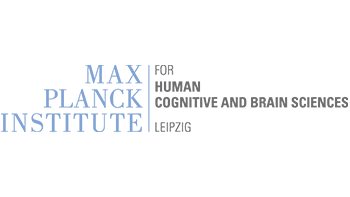Schirner M, Kong X, Yeo BTT, Deco G, Ritter P.
Neuroimage. 2022 Apr 15;250:118928. doi: 10.1016/j.neuroimage.2022.118928. PMID: 35101596.
Review article
Abstract
What dynamic processes underly functional brain networks? Functional connectivity (FC) and functional connectivity dynamics (FCD) are used to represent the patterns and dynamics of functional brain networks. FC(D) is related to the synchrony of brain activity: when brain areas oscillate in a coordinated manner this yields a high correlation between their signal time series. To explain the processes underlying FC(D) we review how synchronized oscillations emerge from coupled neural populations in brain network models (BNMs). From detailed spiking networks to more abstract population models, there is strong support for the idea that the brain operates near critical instabilities that give rise to multistable or metastable dynamics that in turn lead to the intermittently synchronized slow oscillations underlying FC(D). We explore further consequences from these fundamental mechanisms and how they fit with reality. We conclude by highlighting the need for integrative brain models that connect separate mechanisms across levels of description and spatiotemporal scales and link them with cognitive function.










